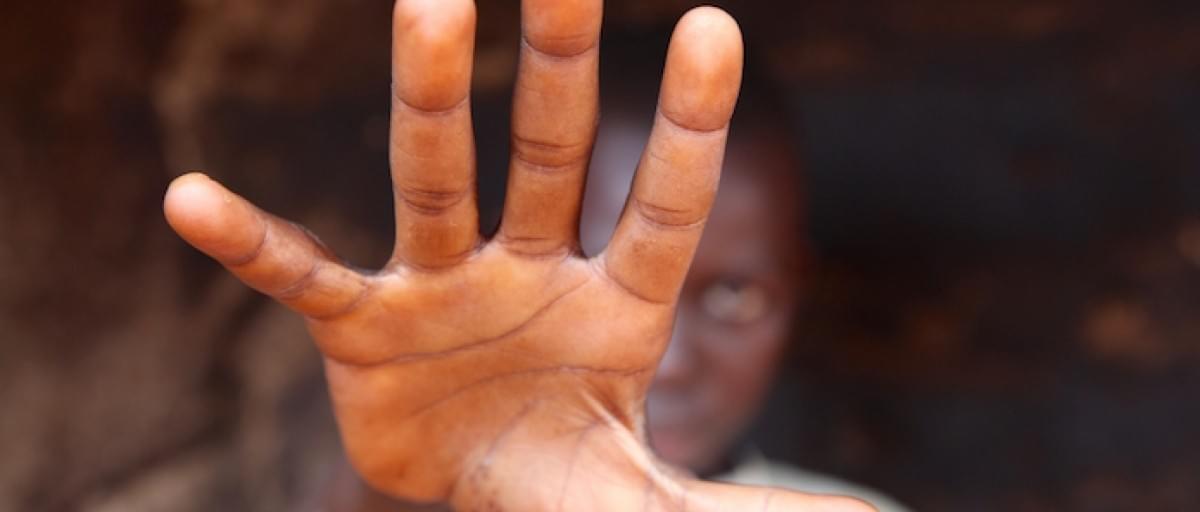
For men and boys who survive sexual violence, silence often becomes their only refuge—not by choice, but because society demands it. We live in a world where masculinity is equated with invulnerability, where the idea of a man being a victim is dismissed or mocked. For survivors, this silence is not a shield; it’s a prison, one that suffocates healing and compounds the trauma.
During the 16 Days of Activism Against Gender-Based Violence, we focus on uplifting the voices of survivors, yet male survivors often remain invisible in this narrative. A few years back I watched a documentary about sexual violence in Lesotho and in prisons. It left me utterly terrified. The documentary detailed the horrors of how Lesotho has the highest number of sexual violence and the horror endured by men who were also repeatedly violated behind bars. As a survivor of sexual violence myself, the accounts cut deep, forcing me to confront the heartbreaking reality that we rarely talk about this issue, even though it devastates lives. You can check the documentary on Netflix "The World's Most Dangerous Prisons" for me it was chilling to watch.
I must say, at first, I too was naive, thinking that sexual violence against boys and men was rare. But as I began paying more attention to these stories after my own experience and hearing the stories of others, I realized how wrong I had been. One memory from my childhood in Orlando East, Soweto, resurfaced. My mother and I lived in a backyard room she rented from a friend. Her friend had a young son—we’ll call him Qhawe.
Qhawe’s story still haunts me. As a boy, he struggled with incontinence, often soiling himself at school. Other kids teased him mercilessly, but none of us knew the truth. One day, a teacher who had seen this behavior before suggested that his mother sit him down and gently ask if something had happened to him. That conversation uncovered the unthinkable: Qhawe had been sexually assaulted.
Hearing this shocked us all. It changed how I saw him, not in judgment but in deep sadness and guilt. We had laughed at his pain without understanding its source. His trauma, so visible in hindsight, had gone unnoticed and unspoken, just as it so often does for boys and men.
Sexual violence against men and boys is far more common than many believe. Statistics reveal that one in six men is sexually abused before the age of 18. Predators often take advantage of trust—family members, teachers, clergy. For adult men, the violence could come from strangers, partners, or authority figures.
Despite these numbers, most survivors suffer in silence. Society's toxic ideas about masculinity teach boys and men that admitting vulnerability is a weakness. Questions like, “Why didn’t you fight back?” pile shame on top of pain, making it harder for survivors to come forward.
This silence is devastating. For many survivors, the trauma doesn’t stay in the past—it follows them into adulthood. It wraps itself around their relationships, self-worth, and mental health.
Survivors struggle to form healthy relationships, wary of intimacy and constantly on guard. They wrestle with feelings of emasculation, questioning their worth in a society that equates strength with invulnerability. Many avoid seeking help, convinced their pain will be dismissed.
I think of Qhawe, and I think of the men in Lesotho's prisons. I think of Sipho, a fictional but familiar man, who finally shared his abuse at 32, only to be met with dismissive laughter and the words, "That doesn’t happen to guys." These stories are not isolated. They represent a widespread and ignored crisis.
When a man or boy finds the courage to speak out, our first response must be compassion. Dismissing or doubting them only deepens their wounds. Male sexual violence is not a fringe issue—it’s a human issue. We must amplify this reality through education campaigns and public discourse. Survivors need access to therapy, support groups, and advocacy organizations that are inclusive and nonjudgmental. Let’s dismantle harmful narratives that equate vulnerability with weakness.
Survivors are not less of a man because they were victimized. Governments, NGOs, and communities must work together to fund and support initiatives addressing male sexual violence.
To the men and boys who have survived: You are not alone. Your pain is real, your voice matters, and your story deserves to be heard. You have the power to heal, not just yourself but others who will draw strength from your courage.
To everyone else: Let us rise to the occasion. Because no one—man, woman, or child—should carry the weight of such trauma alone. Together, we can create a world where no survivor has to scream in silence.

